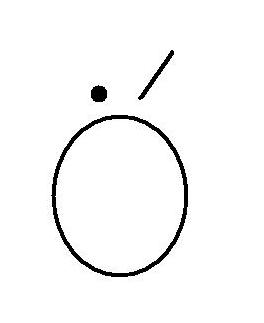This is a matter of convention. One guideline is in paragraph 17.20 of the Chicago Manual of Style (15th ed):
Authors' names are normally given as they appear in the title pages of their books. Certain adjustments, however, may be made to assist correct identification (unless they conflict with the style of a particular journal or series. First names may be given in full place of initials. If an author uses his or her given name in one cited book in and initials in another (e.g., "Mary L. Jones" versus "M. L. Jones"), the same form, preferably the fuller one, should be used in all references to that author.
I would err on the side of consistency. Some bibliography styles in LaTeX/bibtex replace subsequent references to the same author with an em dash. If you use many different spellings of the same author's name, this behavior will break.


